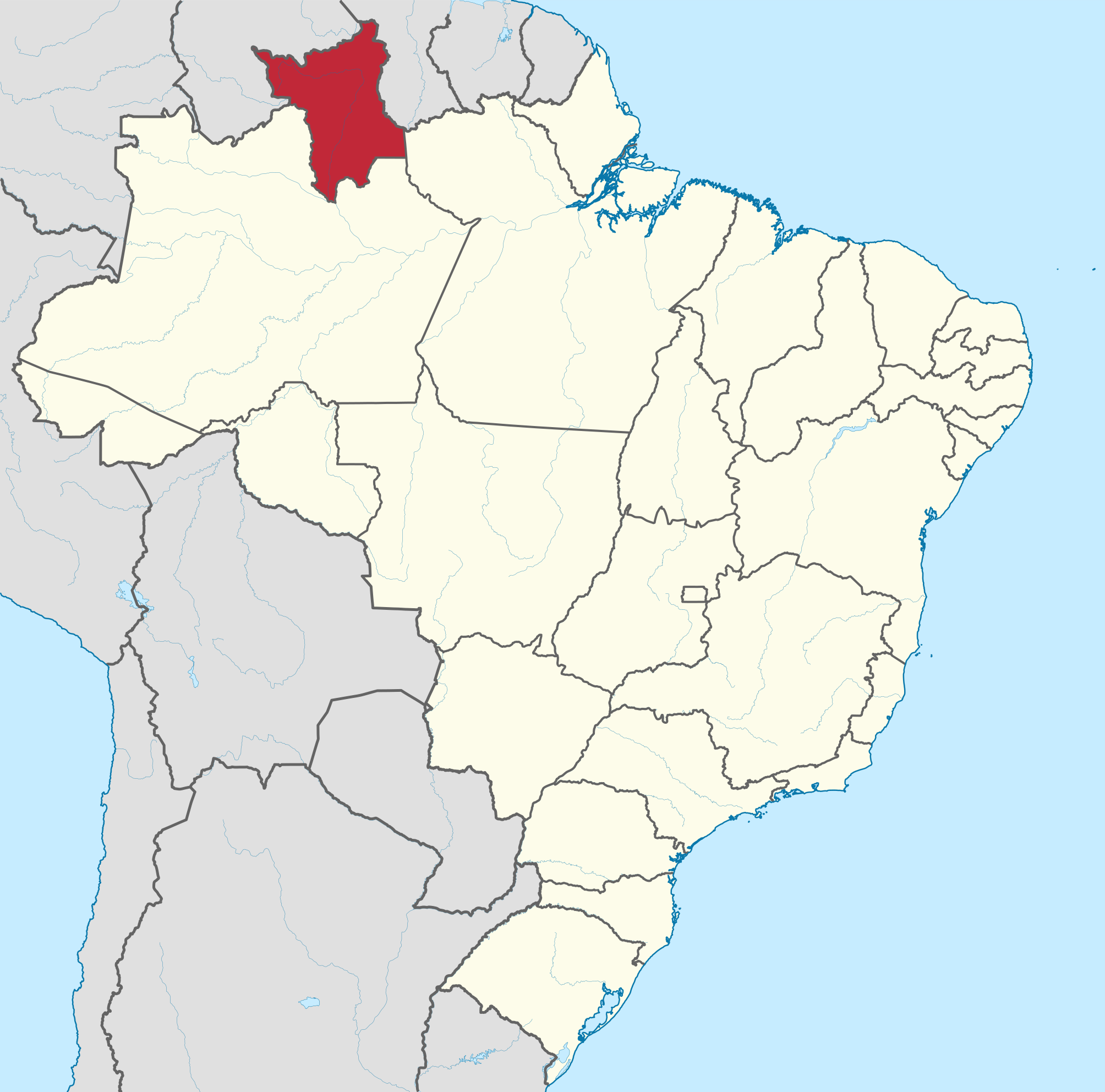Join War on the Rocks and gain access to content trusted by policymakers, military leaders, and strategic thinkers worldwide.


Over the last three years, approximately 1.6 million Venezuelans, suffering from recession, repression, and lacking access to basic amenities such as foodstuffs and medicine, have fled the country. This has caused crises in countries bordering Venezuela, including Brazil. While difficult to know exactly how many Venezuelan citizens are currently in Brazil, more than 127,000 Venezuelans crossed the border between January 2017 and June 2018, with more than half eventually returning to Venezuela. The number of migrants in Brazil began to increase in 2016 (with the number of asylum requests passing 3,000), and exploded in 2017, continuing to gather pace through 2018 (by June, more than 56,000 had requested asylum). This represents a significant problem for the small Brazilian border state of Roraima. The municipal government of Boa Vista, the largest and capital city of Roraima, estimated in February that anywhere from 25,000 to 40,000 Venezuelans were living there (making up about 7.5 to 10 percent of the city’s population of 375,000).
By the time I first arrived in Boa Vista to start research for a post-doctoral project, this influx had led to rising tension between residents of Roraima and Venezuelan migrants. On the day I arrived in mid-August, a well-known member of the community in the border town of Pacaraima was beaten and robbed by assailants who appeared to be Venezuelan. In response, local residents attacked Venezuelan refugees in the area, burning their belongings and causing them to flee back across the border. Since then, there have been reports of attacks on Venezuelans in Boa Vista, including a lynching in response to a theft. Other migrants opted to return to Venezuela for their own safety.

The Brazilian border state of Roraima. (Credit: TUBS, CC BY-SA 3.0, via Wikimedia Commons)
Amid this tension, politicians escalated their rhetoric, calling for drastic measures such as capping immigration from Venezuela and closing the border. When the federal government refused to pursue harsher measures against Venezuelans, a sitting senator from Roraima (who narrowly lost his bid for re-election this year) resigned his position as leader of the government in the Senate.
Yet there are several reasons why this crisis is unlikely to spiral into a bona fide regional crisis between the Brazilian and Venezuelan governments.
First of all, Roraima is the only Brazilian state not connected to the national energy grid, so it depends on energy from Venezuela. Already vulnerable to blackouts, a squabble with the Venezuelan government could be devastating to Roraima. When Venezuela previously threatened to suspend electricity to Roraima over a failure to make a payment, the governor of Roraima traveled to Venezuela to meet President Nicolás Maduro and resolve the issue. This is not an issue where the state government would be interested in playing hardball.
Second, the appeals from politicians had two other goals: spurring the federal government into action and winning votes. The state is heavily dependent on the federal government and does not have the resources to cope with this influx of refugees alone. Additionally, traditional politicians had an opportunity to deflect attention from their own mismanagement of public services by blaming health and education problems on Venezuelan migrants.
At the same time, a wave of right-wing populism is gaining hold in the state. Far-right presidential candidate Jair Bolsonaro, who had previously described refugees who came to Brazil as “the scum of the earth,” won Roraima handily with 69.32 percent of the vote in the first round and 71.55 percent in the second round, giving politicians within the state an incentive to signal that they too would be tough on migrants. His gubernatorial candidate, Antônio Denarium, was also elected in the second round, winning with 53.34 percent of the vote. Yet realistic proposals are few and far between. Bolsonaro, for instance, suggested revoking Brazil’s existing migration law in Congress and putting Venezuelan migrants in refugee camps, but almost as an afterthought, providing few details on how he would do so. None of this actually means that politicians want to close the border. The goal is to simply signal that they want to do so.
In any case, closing the border falls under the purview of the federal government. Closing the border would be an enormous departure from Brazil’s longstanding policy of largely free movement between Mercosul countries. Even if the federal government decided to act, realities on the ground would make implementation nearly impossible. The border is on dry land, and while it includes wilderness and mountainous areas, guarding the entire 1,366-mile border is still unrealistic for Brazil.
In short, while there is no guarantee candidates will not be tempted to write checks that they cannot cash, this is usually nothing more than cheap talk. Statewide candidates do not have the power to directly escalate the situation, and the economic context will mean that such steps would be inadvisable. Yet while the chance of a true regional crisis developing between rival states is unlikely, the situation still requires regional cooperation, as Venezuela’s crisis is spiraling into a problem for the entire region.
Ryan Lloyd is a post-doctoral fellow in political science and international relations at the University of São Paulo. His research interests include comparative political behavior, clientelism, and migration.
João Carlos Jarochinski Silva is a Professor in International Relations at the Federal University of Roraima in Brazil. He is also the head of the university’s Master’s program in Society and Borders.
Image: Daniel Cima, CC By 2.0, via Flickr
